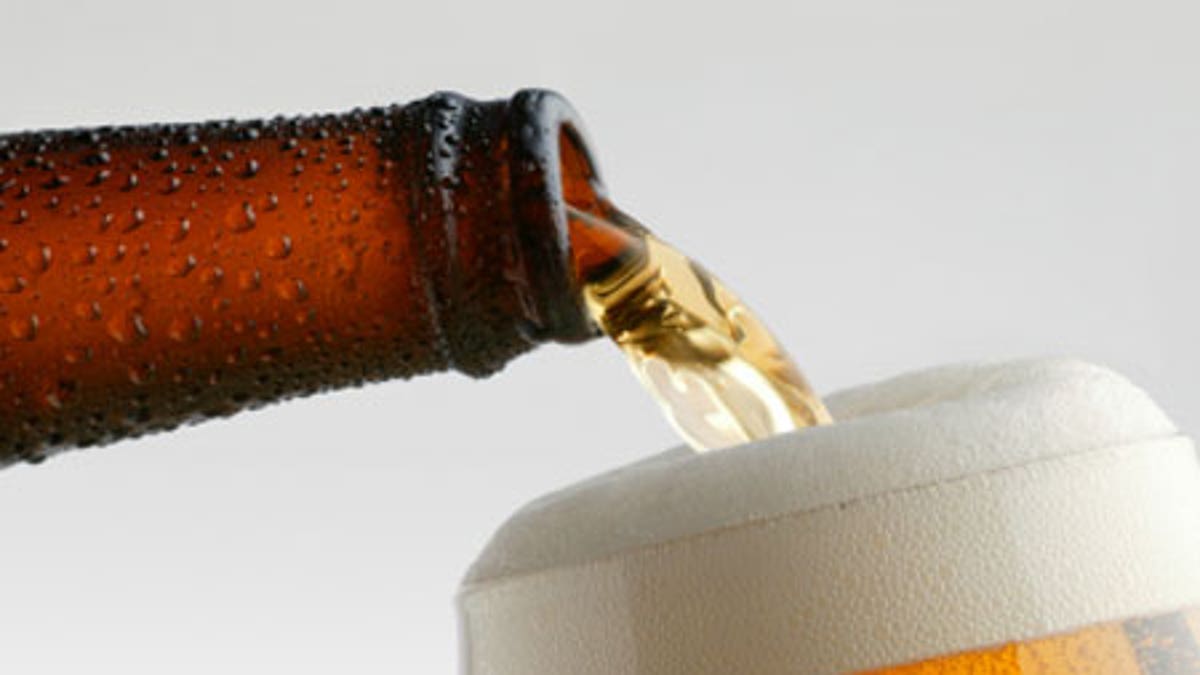
Heavy drinkers experienced a stroke 14 years earlier than moderate drinkers or teetotalers – people who abstain from drinking, according to a new study of stroke survivors, published today in the journal Neurology.
Past studies have shown that heavy drinking—defined as having at least three standard sized drinks per day—increases the risk for a hemorrhagic stroke, the type that is caused by bleeding in the brain rather than a blood clot. But researchers in France wanted to gain a clearer understanding of the risk and the long term prognosis of those who suffered from this type of stroke.
The researchers interviewed 540 older adults in northern France with an average age of 71 who had a type of stroke called intracerebral hemorrhage, meaning that the bleeding occurred within the brain tissue, not surrounding it. Doctors interviewed the men and women (or their caregivers or relatives) about their drinking habits.
In northern France, people tend to drink strong alcohol and beer, according to the study authors. About 25 percent of participants were heavy drinkers. The researchers defined this as having three or more drinks – the equivalent of 1.6 ounces per day of pure alcohol. A standard drink contains about .6 ounces of alcohol, but people often consume drinks larger than the standard size. In fact, most of the patients, even the heavy drinkers, considered themselves moderate drinkers, said the lead researcher Dr. Charlotte Cordonnier of Lille, France. “People have to carefully evaluate the exact amount of alcohol they drink per week,” said Cordonnier.
The study found that on average, heavy drinkers who experienced a stroke did so at the age of 60, whereas non-heavy drinkers experienced a stroke at the age of 74, on average. The early occurrence of stroke may be related to diseased or damaged small blood vessels, the authors wrote. Among stroke patients younger than 60 who had a stroke that occurred in the deep part of the brain, heavy drinkers were more likely to die within two years of the study follow-up than non-heavy drinkers.
The researchers also found that heavy alcohol drinkers were frequently not living independent lives before the stroke. Other alcohol related issues, including multiple falls, nerve problems, depression and chronic fatigue likely caused their dependence on others. In addition, more than half of heavy drinkers had high blood pressure.
"It's important to keep in mind that drinking large amounts of alcohol contributes to a more severe form of stroke at a younger age in people who had no significant past medical history," said Cordonnier.
